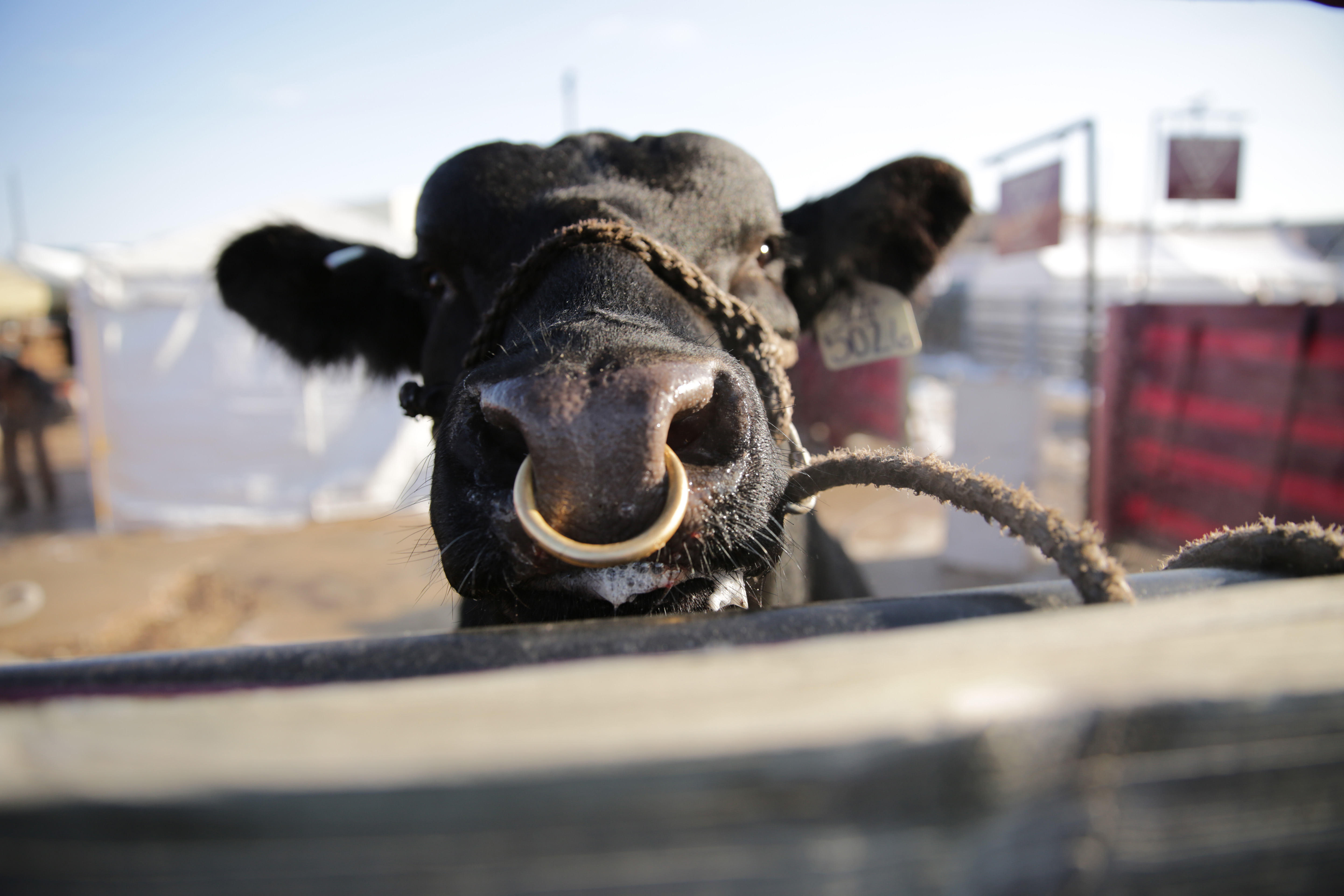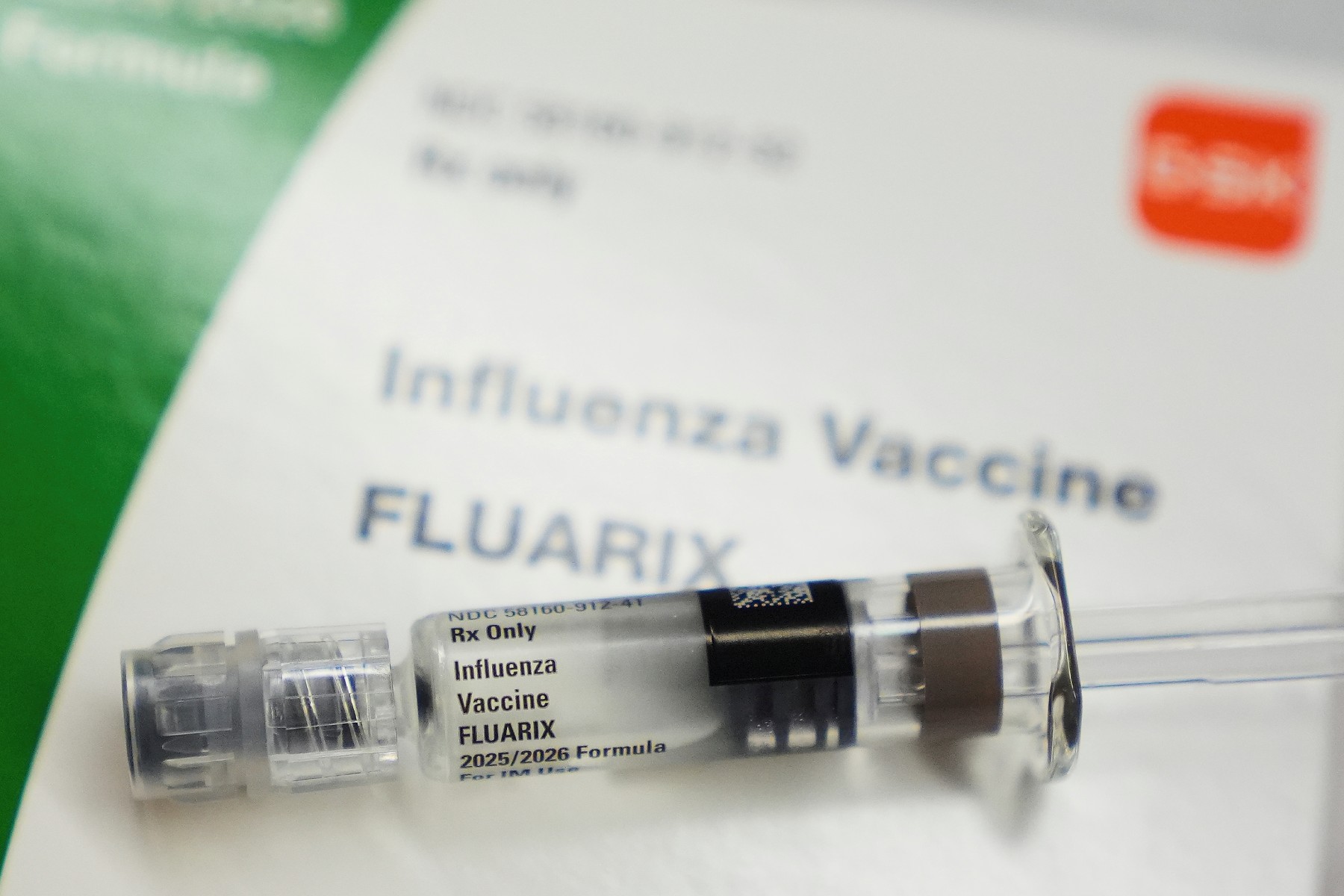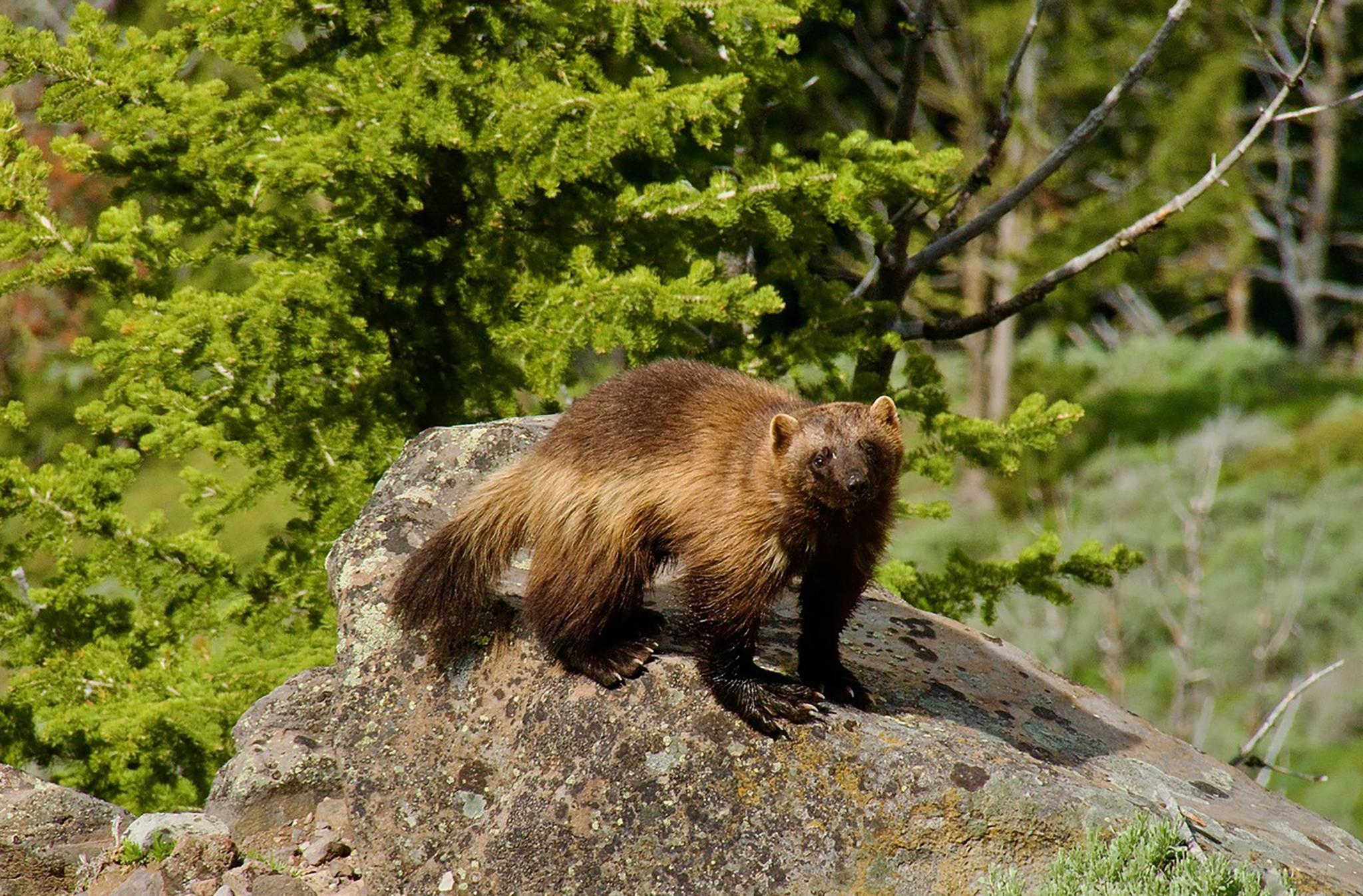
It’s not hard to understand why Todd Inglee felt a calling to work his family’s ranch. It’s in a beautiful corner of Evergreen, about an hour from Denver, nestled in a small valley surrounded by steep cliff faces.
“I can remember being down in one of the pastures with the cows,” says Inglee, 49, wearing a cowboy hat. “And I just loved standing there, walking out there and just sitting there and watching ‘em, being with ‘em and smelling ‘em, and I think that’s what kind of planted that seed in my heart.”
It’s a good thing the ranch is pretty, because the beef market isn’t. The last two years have been trying. Inglee, who developed his family’s ranch into Ralston Valley Beef, says prices for his cows hit record highs, then suddenly fell to record lows — what he calls a “big, big ouch.”
Much of agriculture is suffering in Colorado, thanks to stubbornly low prices for everything from corn and wheat to cattle and even oil and gas. Colorado’s farm and ranch income has hit its lowest level since 1986, according to research from the University of Colorado Boulder.
Two years ago, cattle ranchers did the rational thing when prices increased, they built up their herds and expanded their operations. Inglee is president of the Colorado Cattlemen's Association and chairman of the Colorado Beef Council, so he talks to lots of ranchers, and many are faced with low prices now because of oversupply.
“I know a lot of guys, who’ve said ‘I’ve held these cattle back as long as I can, I gotta move ‘em. One, I’m out of hay, or I don’t have enough money to keep feeding ‘em so I just gotta get ‘em sold,’” Inglee says.

They can’t store cattle in a silo and wait for better prices, like corn farmers. Some guys lost a lot of money.
John Campbell saw it firsthand. He runs the winter livestock auction in La Junta, in the far southeast corner of the state, and says the recent highs and now lows have been like a rollercoaster.
That’s essentially the nature of agriculture, though maybe not to these extremes. Campbell says ranchers weren't complaining when prices were high.
“They saw windfall profits there for about two years,” says Campbell. “And being of the conservative nature that most ranchers are, most of them put that money away because they knew it wasn’t going to last.”
Ranchers and farmers are older than they’ve ever been — per the USDA Census of Agriculture the average age is almost 59 — so they’ve seen this before. They’ve experienced many ups and downs in the market and know how to handle them. Campbell does feel sorry for folks who’ve tried to break into the ranching industry more recently though.
“We have a number of our customers, younger generation, that tied into some awfully, awfully high-priced land, high-priced feed and high-priced cows, and they’re having a hard time now,” Campbell says.
Worse yet, cattle prices aren’t expected to rebound at all in 2017. The strong U.S. dollar will continue to hurt international exports of beef. In fact, Campbell says a strong dollar means it’s cheaper for U.S. meat packers to import beef from Mexico and Brazil, taking business away from local producers.
All this is happening at a time when farmland and labor costs keep rising.
“There’s a couple of the expenses that are just going to continue to have upward pressure,” says Dawn Thilmany an agricultural economist at Colorado State University. “And so when we have lower revenue years like this it’s never a good case for agriculture.”

She says several years ago some ranchers and farmers were helped by oil and gas royalties, for drilling on their property, but with oil prices also low, those royalty checks aren’t what they once were.
Professor Thilmany says this is bad timing for an agriculture industry, hoping to transition to a younger generation.
“This year is not going to be the kind of temptation for someone to want to return to that sector that you’d hope,” Thilmany says, highlighting the problem for an aging industry. “And so this is probably really going to slow down some transition plans where if you’re thinking about the next generation or some new farmer taking over, this is not a great year to entice them back.”
Todd Inglee, at his ranch in Evergreen, agrees it’s not an easy life to be a rancher, but that’s part of the point.
“It builds that tenacity that I admire so much in people in my business.”
Still, like most people in his business, he’s hoping prices rebound, and soon. So do the rural areas that depend on ranching, since livestock makes up the vast majority of the agriculture sales in Colorado.








